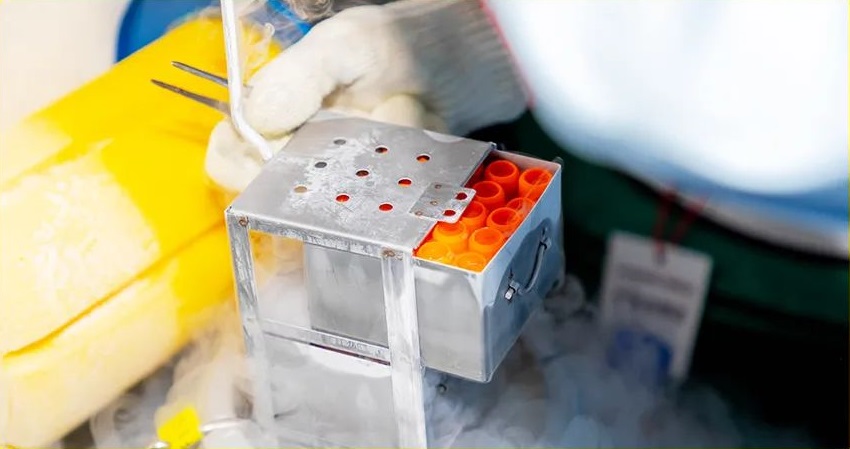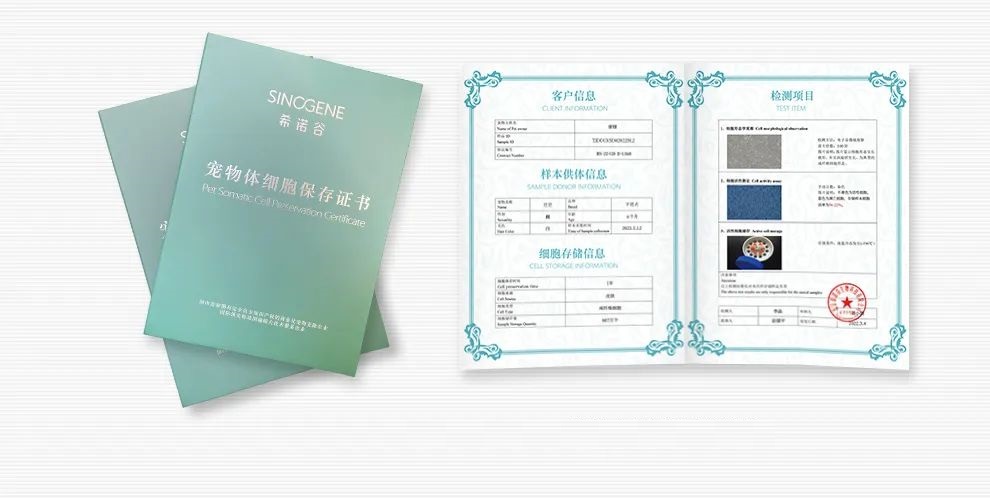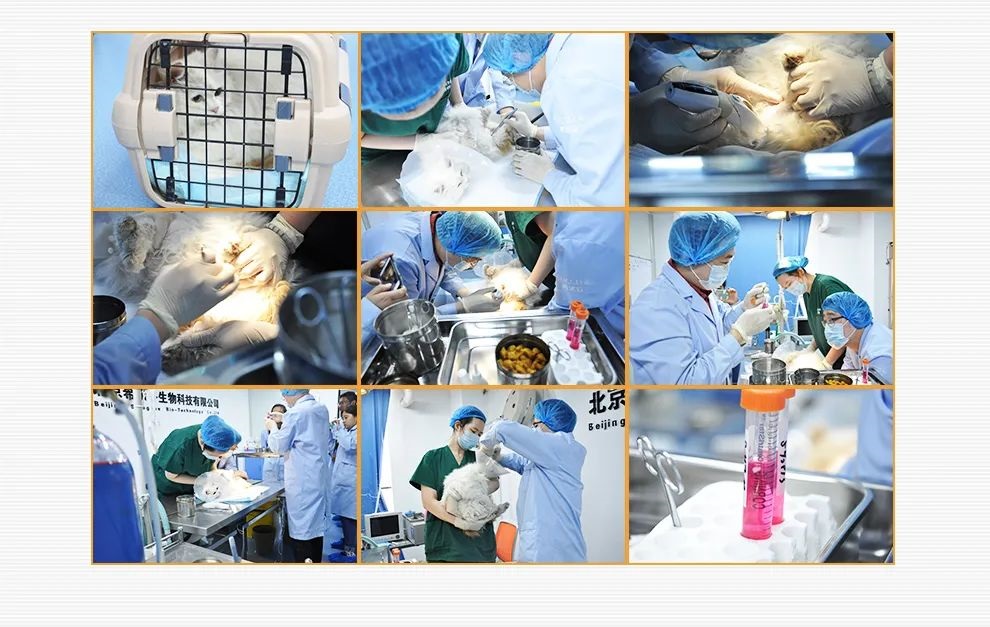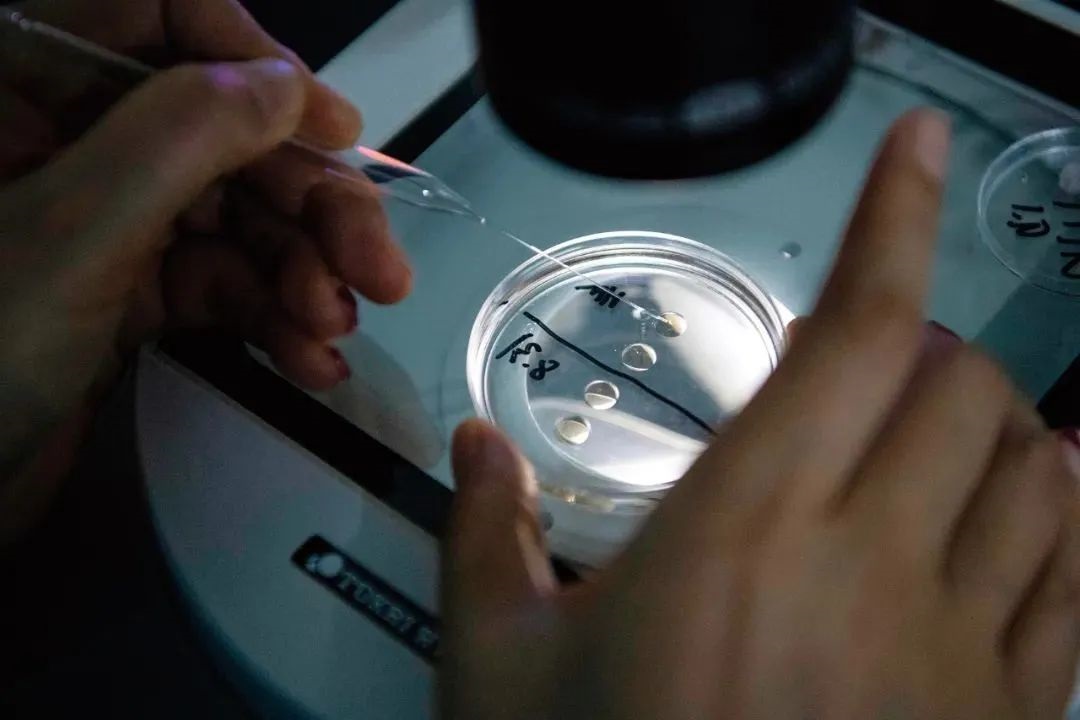
Cat and Dog DNA Live Cell Preservation
Cell cryopreservation is a method that places cells in a frigid environment to diminish their metabolic activity for extended storage. This technique is a principal approach to cell preservation, serving to maintain cellular species for future applications in cloning or pet cell therapy, among others.

Strong emotions cannot violate the rules of life. A pet's life is short-lived, with birth, aging, decline, illness, and death perhaps happening in the future or even in the next second. To prevent unexpected occurrences, choosing pet cell preservation is currently the best option. Pet cell preservation is the storage of substances containing pet genes because genes are the cause of all life phenomena and are also the internal factors that determine life and health.
#Why it is recommended to save cells in advance#

Pet cell preservation certificate
There are many times when customers miss the best time for cell preservation, leading to lifelong regrets. One situation is that they are unaware of cloning and cell preservation techniques, and by the time they find out, their pets have passed away for a long time. Another situation is that although they have discovered that their pets are already sick, they may procrastinate or be optimistic and fail to handle cell preservation in a timely manner. By the time the pet dies, the cells have already degenerated, and only then do they think of preserving them early. The fourth situation is unexpected events such as epidemics or accidents, which our pet owners cannot predict, causing them to miss the most important preservation opportunity.
In addition, the most important reason is that many studies have shown that the younger the animal, the better the condition of its cells and the stronger their proliferative ability. Although the cells of older pets can also be preserved, their cell vitality may be lower. Therefore, it is suitable to establish a cell line from the skin when the pet is relatively young. Cells established in this way have better cell vitality and the highest success rate in cell line establishment.
#At what age is it most appropriate for pets to undergo cell preservation?#

In general, we recommend between 2-8 years old. The younger the pet, the better it is to save cells because the younger the animal, the better the condition of its cells and the stronger their proliferative ability. Although the cells of older pets can also be preserved, their cell vitality may be lower. Therefore, it is suitable to establish a cell line from the skin when the pet is relatively young. Cells established in this way have better cell vitality and the highest success rate in cell line establishment.
#If a beloved pet is already elderly, will cell preservation affect the health and lifespan of the clone?

After pet cell preservation, regardless of age, the cloning technology will not change the natural lifespan and health of the organism. Animal individuals with the same genetic makeup will form different destinies in different environments. Besides genetic genes, the biggest variable affecting individual lifespan and health lies in the postnatal environment.
However, many studies have shown that the younger the pet, the better the condition of its cells and the stronger their proliferative ability. Although the cells of older pets can also be preserved, their cell vitality may be lower. Therefore, it is suitable to establish a cell line from the skin when the pet is relatively young. Cells established in this way have better cell vitality, and the success rate of cell line establishment is also higher.
#How to choose a cell preservation institution, and what advantages does Sinogene have?#

Sinogene, founded in 2012, is a national high-tech enterprise that integrates cell storage, cell preparation, cell science and technology research, pet cloning, gene editing, etc. Its business radiates both at home and abroad, serving more than 4,000 designated pet hospitals. In July of 2022, the Sinogene Animal Regenerative Medicine Industrial Base, covering an area of 40 acres in Xinyi Economic Development Zone, Jiangsu Province, also grandly opened. The base has a comprehensive cell biotechnology engineering system with mature and complete cell preparation, storage, testing, and R&D capabilities. The storage capacity of cells can reach tens of thousands of copies. Sinogene meets very high standards in terms of hardware facilities, technical strength, and quality management systems. Choosing Sinogene will provide customers with more professional and secure services.
"Is it still possible to undergo cell preservation for a pet already suffering from a severe illness?#

It is still possible, but for pets already afflicted with a serious illness, the opportunity for sample collection may be a one-time occurrence. Once a pet unfortunately passes away, there is only one chance to collect skin samples. Additionally, due to the lower success rate of establishing cell lines from older or deceased pets, if cell cultivation fails, there will be no opportunity for a second sampling. Moreover, if the pet has severe skin conditions or has undergone special treatments such as cell and anticancer therapies, the success rate of cell preservation will also decrease. Therefore, we recommend collecting pet samples as early as possible."
